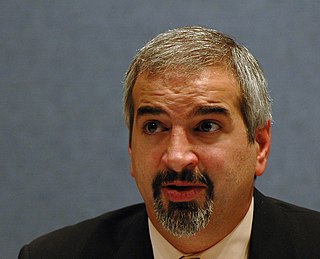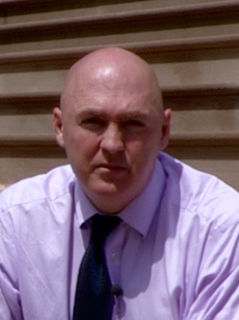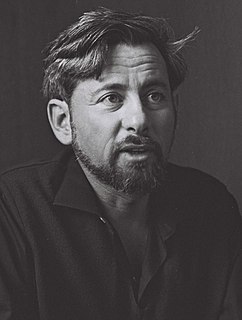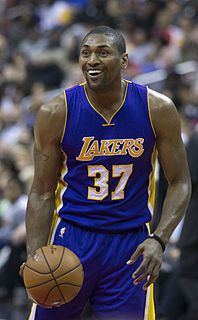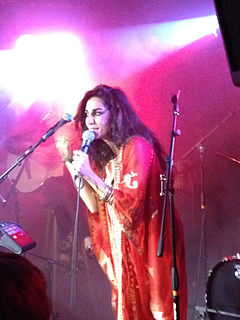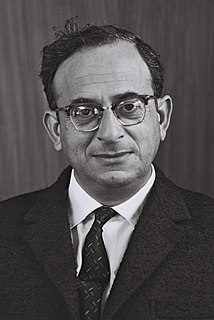A Quote by Anthony Shadid
On the flip side, I enjoy covering the Arab world, I've spent my entire career here in the Middle East, but I would never call myself a war correspondent.
Related Quotes
I don't like the definition 'war correspondent'. It is history, not journalism, that has condemned the Middle East to war. I think 'war correspondent' smells a bit, reeks of false romanticism: it has too much of the whiff of Victorian reporters who would view battles from hilltops in the company of ladies, immune to suffering, only occasionally glancing towards the distant pop-pop of cannon fire.
There's kind of a hidden point which isn't being brought out, and that is that it is inconceivable that the U.S. would permit democracy in the Middle East, and for a very simple reason. Just take a look at polls of Arab public opinion. They exist. You can't find them in the press, but they exist from prestigious polling agencies. Released by major institutions. And what they show is that if there was democracy in the Middle East, the entire U.S. program for domination of the Middle East would be down the tube.
Sadly, a U.S. invasion of Iraq 'would threaten the whole stability of the Middle East' - or so Amr Moussa, secretary-general of the Arab League, told the BBC on Tuesday. Amr's talking points are so Sept. 10: It's supposed to destabilize the Middle East. The stability of the Middle East is unique in the non-democratic world and it's the lack of change in Iraq, Iran, Saudi Arabia, Syria, Egypt that's turned them into a fetid swamp of terrorist bottom-feeders.
After the allied victory of 1918, at the end of my father's war, the victors divided up the lands of their former enemies. In the space of just seventeen months, they created the borders of Northern Ireland, Yugoslavia and most of the Middle East. And I have spent my entire career — in Belfast and Sarajevo, in Beirut and Baghdad — watching the people within those borders burn.
Critics of the war plans (including myself) have pointed to the disastrous political results that must be expected: Iraq would break into three parts (Kurds in the north, Sunnis in the center, Shi'ites in the south), the Middle East would be exposed to the onslaught of Iranian fanaticism, pro-Western Arab regimes would collapse. Israel would be surrounded by aggressive Islamic fundamentalism, like the Crusader kingdom with the advent of Saladin.
So much of what we see and hear about the Middle East focuses on what we call politics, which is essentially ideology. But when it comes to the Middle East, and especially the Arab world, simply depicting people as human beings is the most political thing you can do. And that's why I chose to write about food: food is inherently political, but it's also an essential part of people's real lives. It's where the public and private spheres connect.
I think the public is very reluctant to get involved in more foreign wars, especially in the Middle East. And they understand, implicitly, that we go to war in the Middle East because of oil. And if we don't want to go to war in the Middle East, then we have to do something about the oil problem. And I think that view is gaining ground in the U.S.
I believe that the Iraqis have an opportunity now, without Saddam Hussein there, to build the first multiconfessional Arab democracy in the Middle East. And that will make for a different kind of Middle East. And these things take time. History has a long arc, not a short one. And there are going to be ups and downs, and it is going to take patience by the United States and by Iraq's neighbors to help the Iraqis to do that. But if they succeed, it'll transform the Middle East, and that's worth doing.
